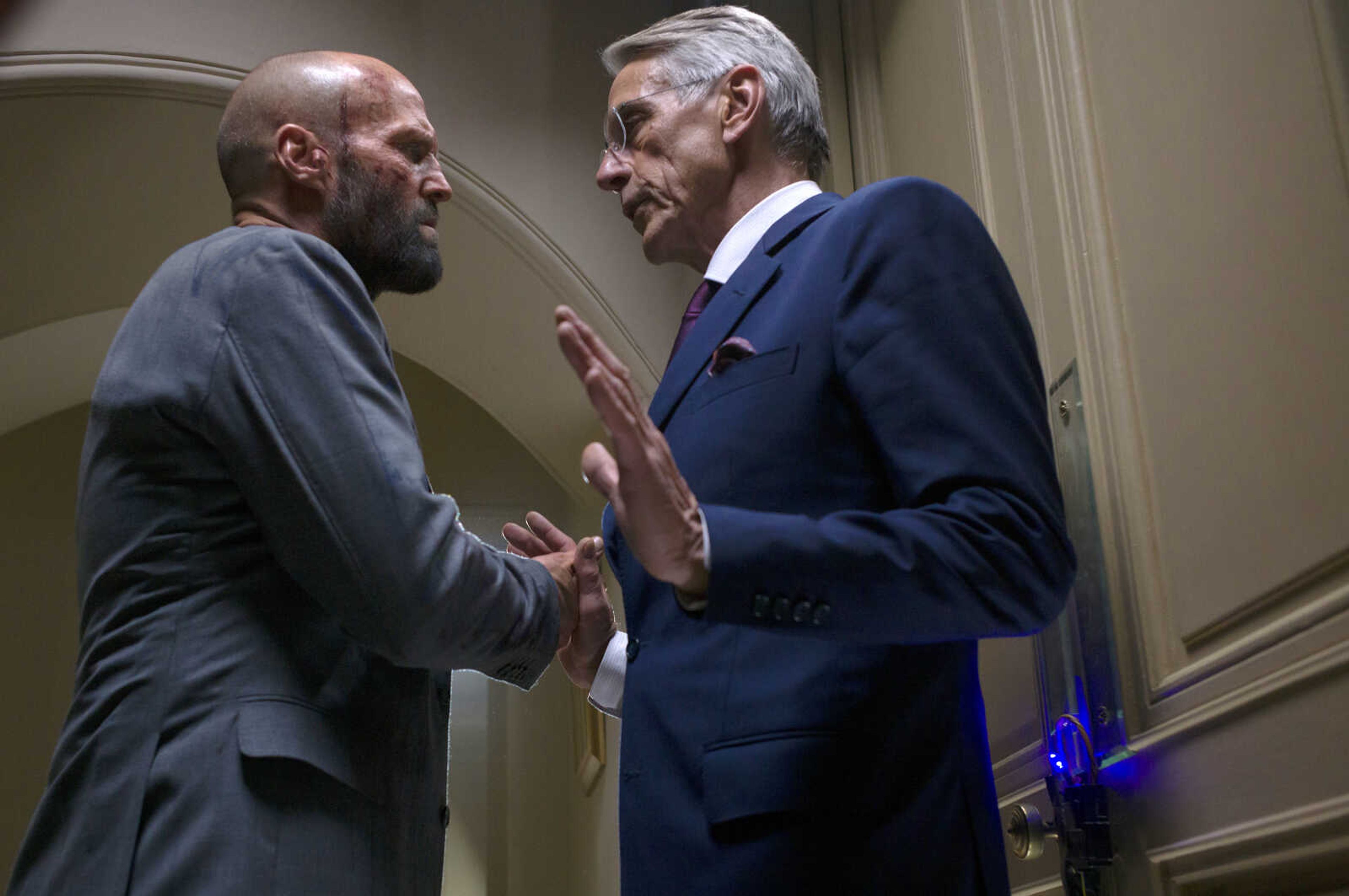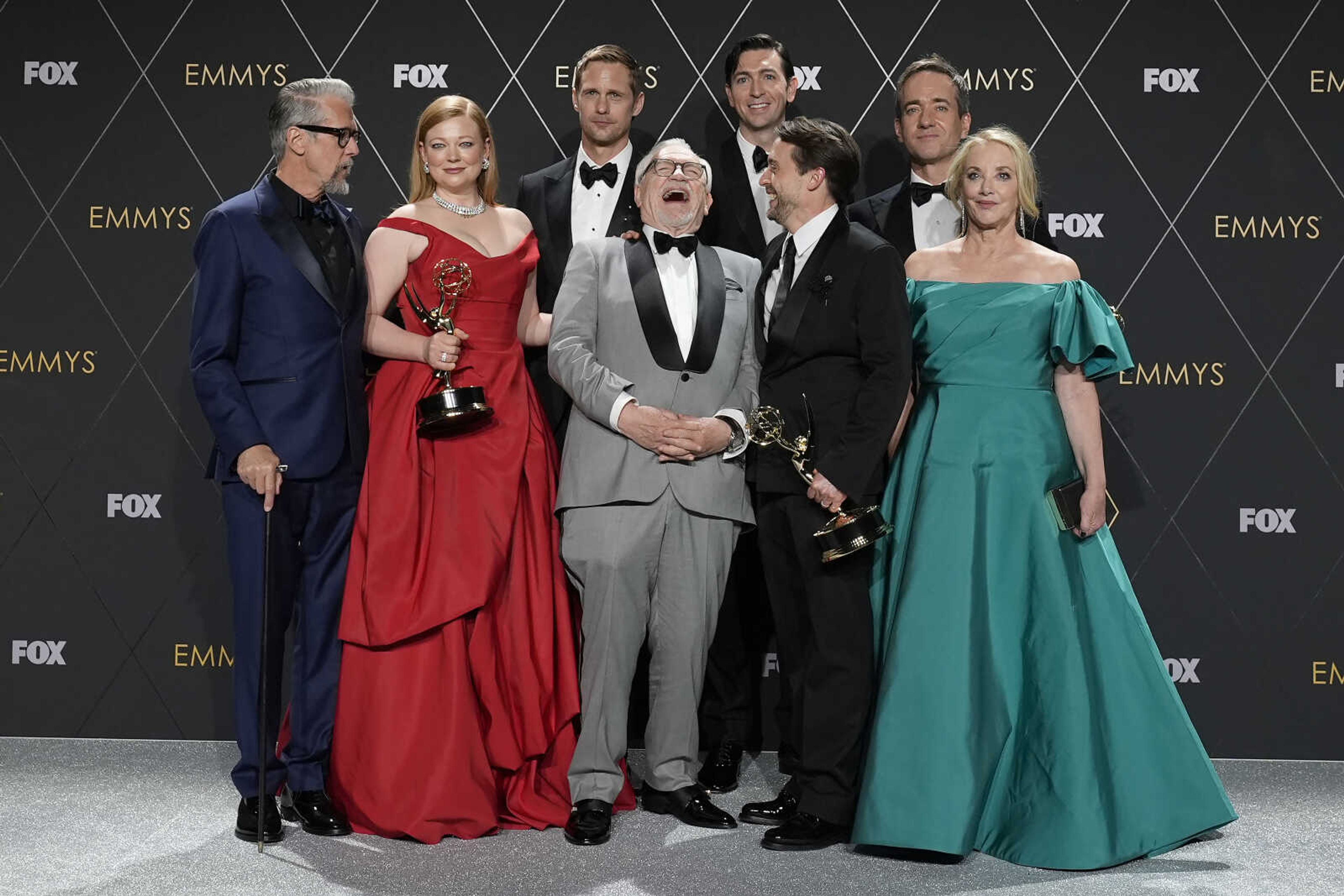Outgoing head of PBS says lack of funding seen in network's output
PASADENA, Calif. -- Some things never change for the Public Broadcasting Service: "Sesame Street," British theater and empty pockets. The outgoing PBS head said Saturday that the nation must fundamentally rethink the value of public broadcasting, because the cash-strapped service is now inhibited from taking programming risks or sticking with worthwhile shows...
PASADENA, Calif. -- Some things never change for the Public Broadcasting Service: "Sesame Street," British theater and empty pockets.
The outgoing PBS head said Saturday that the nation must fundamentally rethink the value of public broadcasting, because the cash-strapped service is now inhibited from taking programming risks or sticking with worthwhile shows.
"Public broadcasting has got to have more resources," Pat Mitchell told reporters. "This is what I said on day one. I'll say it on my exit."
Mitchell is leaving as PBS president and CEO after six years in March.
During her tenure, PBS created the PBS Foundation to help fund major initiatives separate from its $319 million annual budget. The foundation currently has a $13 million balance.
"I was hoping it would be $35 million or maybe $50 million," said Mitchell.
The financial situation means producers of PBS shows are often responsible for raising as much as half the cost of making them, she said. That's even if they get the go-ahead; some ideas are non-starters because the money won't be there.
The symbol of PBS fund-raising woes is "Masterpiece Theater," which has been searching for a major sponsor since Exxon Mobil Corp. pulled out in 2004. The oil company had been providing nearly $10 million a year for the show.
PBS has cobbled together money to continue, but "Masterpiece Theater" makes roughly half to two-thirds the productions it once did, said John Wilson, PBS senior vice president. Mitchell promised it would stay on the schedule.
Frustrated by its own efforts to find a new major funder for the show, PBS has turned to outside consultants.
"Often now you're not meeting with CEOs of companies," she said of seeking major donors. "You're meeting with ad agencies, and ad agencies are looking at dollars and returns."
PBS also would like to de-emphasize the annual pledge drives that take over the network in March, August and December. The doo-wop specials and other fund drive programs don't jibe with PBS' regular programming, and it's a less reliable funding source than major gifts, Wilson said.
Even though other television networks have horned in on PBS' strength of documentaries and children's programming, these for-profit enterprises don't have the same sense of mission as PBS, she said. Mitchell, on her way out, also strongly endorsed PBS' often cumbersome system that gives much more decision-making power to local stations than the commercial networks do.
"There often isn't a locally-owned newspaper or locally-owned radio station and people are missing it," she said.
Connect with the Southeast Missourian Newsroom:
For corrections to this story or other insights for the editor, click here. To submit a letter to the editor, click here. To learn about the Southeast Missourian’s AI Policy, click here.








